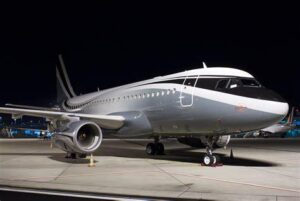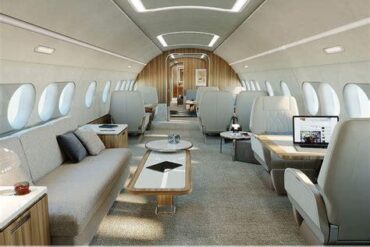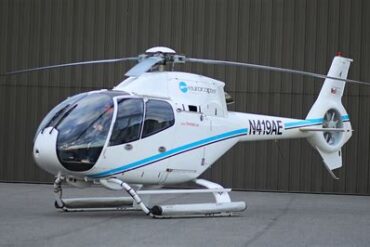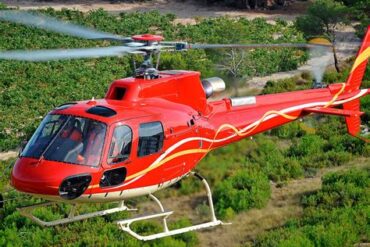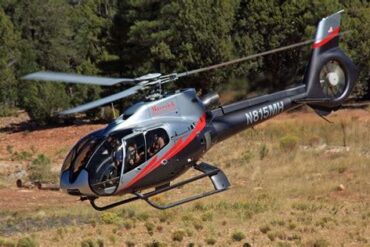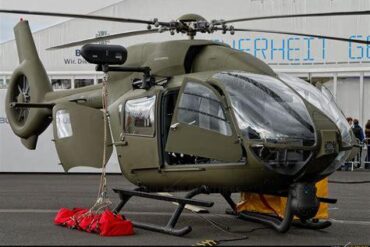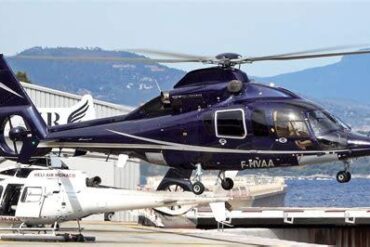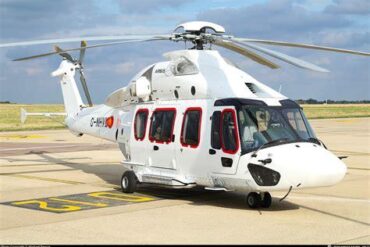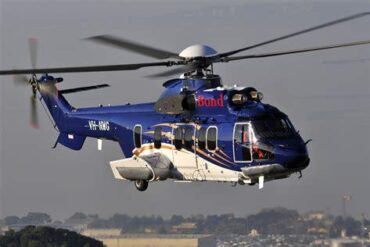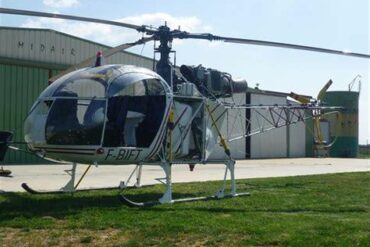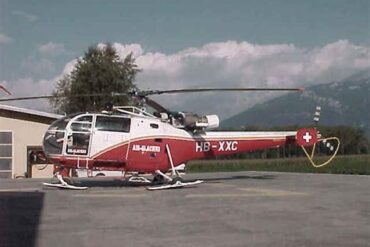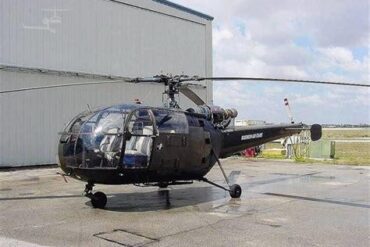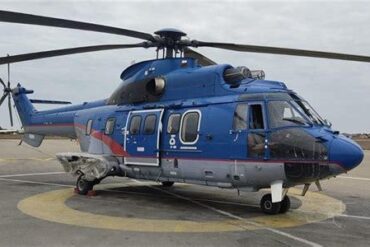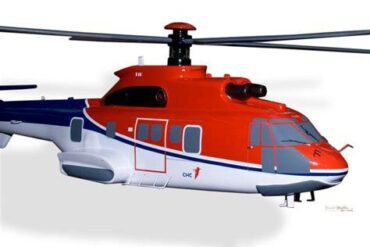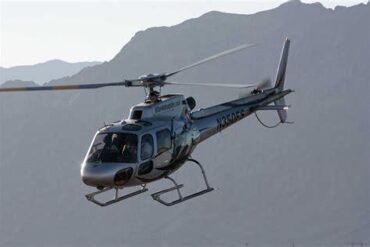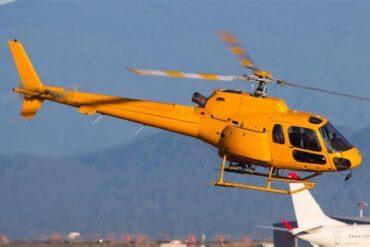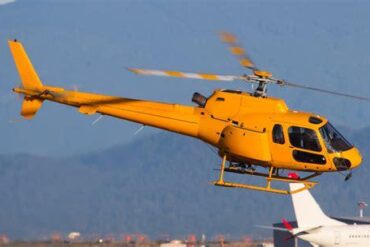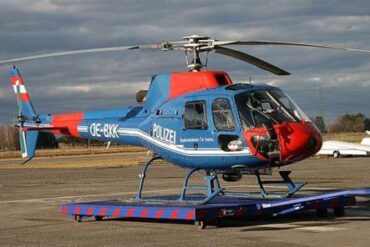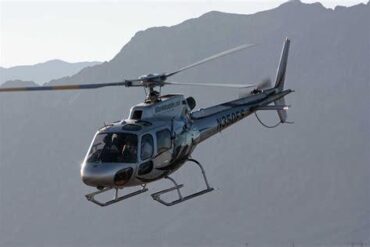The Airbus ACJ (Airbus Corporate Jets) series represents the pinnacle of luxury in private aviation, combining the renowned quality and innovation of Airbus with the bespoke requirements of corporate and private clients. As we delve into the intricacies of pricing and operating costs, it is essential to understand the various factors influencing these figures, ensuring informed decisions for potential buyers or operators.
Understanding the Airbus ACJ Series
The Airbus ACJ family consists of several models derived from the A320 family, offering a range of options tailored to different needs and preferences. Each model provides a unique blend of comfort, range, and operational efficiency. The most popular models include the ACJ318, ACJ319, ACJ320, and ACJ321. The spacious cabins can be customized extensively, accommodating everything from meeting rooms to private bedrooms, allowing for an unparalleled flying experience.
Base Prices of Airbus ACJ Models
When considering the purchase of an Airbus ACJ, understanding the base price is crucial. As of the latest market assessments:
-
ACJ318: Approximately $70 million
-
ACJ319: Approximately $80 million
-
ACJ320: Approximately $90 million
-
ACJ321: Approximately $110 million
These prices can vary significantly based on customization options, market demand, and economic conditions. Buyers often work closely with Airbus or authorized dealers to ensure that their specific requirements are met, which can further influence the final price.
Customization Costs
One of the significant advantages of the Airbus ACJ series is the ability to customize the aircraft according to personal preferences. Customization can range from interior layout adjustments to high-end finishes and advanced technology installations.
Interior Customization
The interior of an ACJ can be transformed into a luxurious living space, complete with:
-
Private Suites: Enclosed areas for sleeping and relaxation.
-
Conference Rooms: Equipped with state-of-the-art communication tools.
-
Dining Areas: Designed for fine dining experiences while airborne.
Depending on the level of customization, costs can range from $10 million to $50 million or more. The choice of materials, technology, and design complexity greatly impacts the overall expenditure.
Technology Integration
Integrating cutting-edge technology enhances both comfort and functionality. Features like advanced in-flight entertainment systems, Wi-Fi connectivity, and smart cabin controls come at a cost. Investing in the latest technologies can add anywhere from $1 million to $5 million to the base price, depending on the specifications chosen.
Operating Costs Overview
Owning an Airbus ACJ comes with its own set of operating costs, which can vary widely based on usage, location, and operational practices. Understanding these costs is vital for effective budgeting and financial planning.
Fixed vs. Variable Costs
Operating costs can be divided into fixed and variable categories:
-
Fixed Costs: These include insurance, hangar fees, and salaries for flight crews. Fixed costs typically amount to $1 million to $2 million annually, regardless of flight hours.
-
Variable Costs: These fluctuate based on flight operations, including fuel, maintenance, and catering expenses. Variable costs can range from $1,200 to $2,500 per flight hour.
Fuel Expenses
Fuel is often the largest variable cost for operating an Airbus ACJ. With an average consumption rate of approximately 2,500 to 3,000 pounds per hour, fuel costs can significantly impact operational budgets. Given current fuel prices, a single flight hour can cost anywhere from $1,500 to $5,000 in fuel alone, depending on the prevailing market rates.
Maintenance Costs
Regular maintenance is critical for safety and efficiency. Scheduled maintenance can cost between $250,000 and $500,000 annually, while unscheduled repairs can add unexpected expenses. Adhering to manufacturer guidelines and utilizing certified service centers can help manage these costs effectively.
Crew Salaries and Training
Hiring qualified pilots and crew members is essential for operational success. Annual salaries for experienced pilots can range from $100,000 to $300,000, depending on their experience and the complexity of the aircraft. Additionally, ongoing training and certification can cost around $20,000 to $50,000 per crew member annually.
Resale Value Considerations
When investing in an Airbus ACJ, it is prudent to consider the aircraft’s resale value. Factors influencing resale prices include:
-
Market Demand: Popularity of the model and economic conditions.
-
Condition of the Aircraft: Regular maintenance and upgrades can enhance value.
-
Customization: Unique features may appeal to specific buyers but could limit the market.
Generally, Airbus ACJs retain their value relatively well compared to other business jets, thanks to the brand’s reputation and demand for high-quality aircraft.
Conclusion: Making Informed Decisions
Investing in an Airbus ACJ is a significant commitment, both financially and operationally. Understanding the price and operating costs is crucial for prospective buyers. With a clear view of the associated costs, potential buyers can make informed decisions that align with their travel needs and financial capabilities. The combination of luxury, customization, and operational efficiency makes the Airbus ACJ a premier choice in the realm of corporate aviation.
In summary, whether it’s for corporate travel, personal use, or a combination of both, the Airbus ACJ series offers a compelling proposition. By carefully considering all factors related to pricing and operating costs, one can ensure a rewarding ownership experience that meets the highest standards of aviation excellence.
